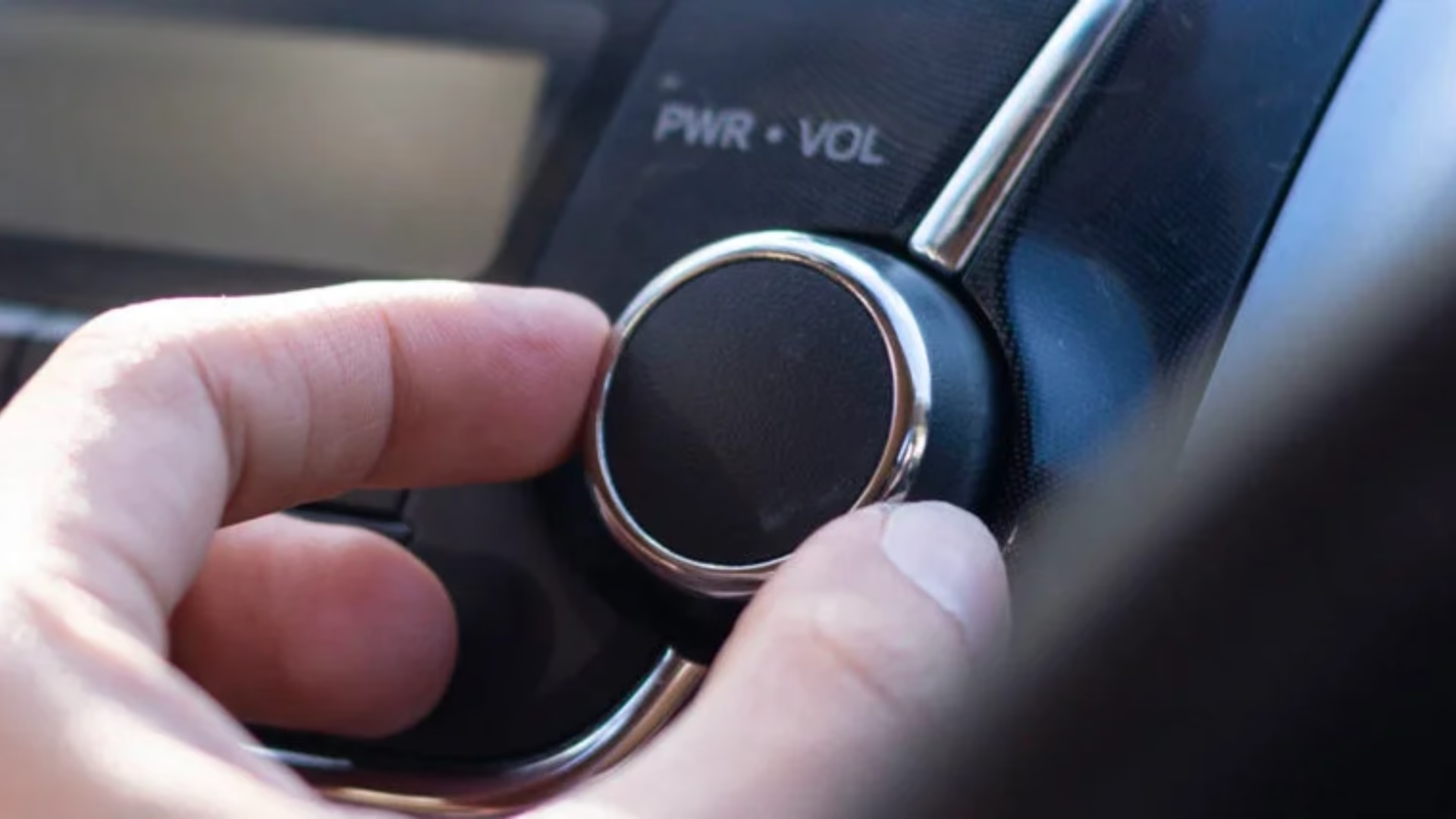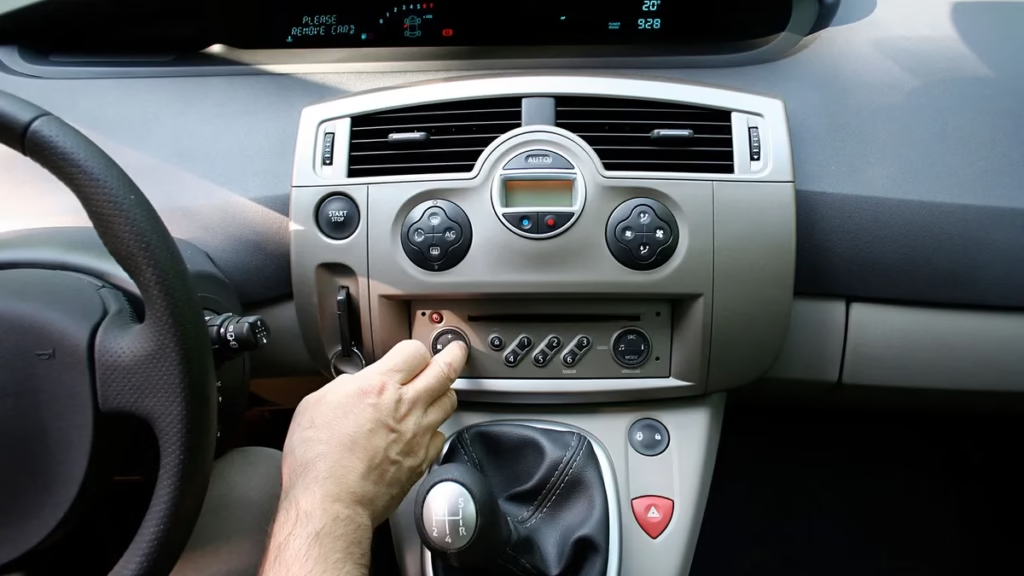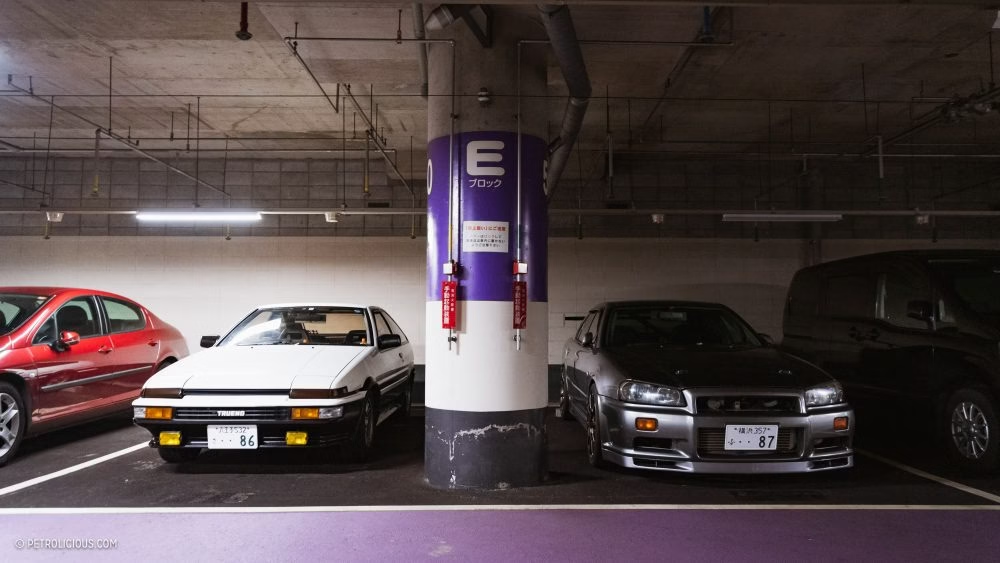Here’s What You Never Knew About Lowering the Music While Parking

Parking in tight spaces or busy areas demands extra concentration and focus. Have you ever noticed that whenever you’re attempting to park your car, you instinctively reach for the radio to turn down the volume? It’s one of those small, automatic gestures that almost everyone does, but have you ever stopped to think about why?
The Science of Multi-tasking and Cognitive Load
In today’s fast-paced world, we are constantly juggling multiple tasks. Whether in it’s cooking while talking to a friend, driving while listening to music, or even solving problems while answering emails, many of us consider ourselves masters of multi-tasking. But here’s the catch—studies have shown that our brains can only handle a limited amount of tasks at once, especially when those tasks require significant cognitive resources.

Credits: Science
When you’re parking in a busy parking lot, surrounded by honking cars, vendors yelling, and people walking across your path, you are engaged in a highly demanding task. Parking requires a level of concentration, coordination, and decision-making that is hard to combine with other tasks. And this is where the involuntary gesture of turning down the music comes in. It’s not about the volume of the music per se, but rather how it can affect your ability to concentrate on the task at hand.
Why Do We Lower the Volume?
According to Nobel Prize-winning psychologist Daniel Kahneman, some tasks, like parking, require high levels of cognitive effort, particularly logical thinking and coordination. This intense focus uses up a significant amount of your mental energy, leaving little room for distractions. In these moments, turning down the volume on the radio becomes an automatic coping mechanism. It’s your brain’s way of ensuring that it can devote as much attention as possible to the complex task of parking the car without being distracted by the music.

Arthur B. Markman, a psychologist at the University of Texas, Austin, argues that tasks requiring higher cognitive functions—like planning or navigating tight spaces—demand more concentration. This is why many people instinctively lower the music while parking. It’s not that you’re incapable of multi-tasking, but rather, you’re prioritizing the task that needs the most attention.
The Role of the Prefrontal Cortex
One of the key brain regions involved in decision-making and complex tasks is the prefrontal cortex. Russell A. Poldrack, a professor of psychology at Stanford University, suggests that by turning down the radio, you’re allowing the prefrontal cortex to focus on the parking process. This action helps you avoid unnecessary distractions and ensures that you can navigate your car safely without stressing over the loud music.
Music, while enjoyable, can become an additional layer of distraction that diverts attention away from these critical details. By turning down the volume, you’re subconsciously giving your brain the opportunity to process these important cues more effectively. In essence, it’s not a lack of multitasking ability—it’s a demonstration of how we manage mental resources to perform complex tasks with greater precision.

Prioritizing Attention and Stimuli
So why does it feel like an involuntary reaction? Because, in moments of stress or high cognitive demand, your brain is wired to reduce external distractions. By lowering the volume, you’re not only giving your cognitive resources the space to focus on parking, but you’re also making yourself more aware of your environment—whether it’s hearing the honking of horns, the footsteps of pedestrians, or the sounds of other cars.

Conclusion: Embracing the Habitual Gesture
The next time you instinctively turn down the music while parking, don’t feel guilty or think you’re incapable of multi-tasking. It’s simply your brain’s way of prioritizing your safety and ensuring that you’re fully focused on the task at hand. In fact, this subconscious gesture is a sign of smart decision-making—giving the brain the space it needs to process the most important stimuli. So, next time you lower the volume, remember: it’s not a flaw, but a clever strategy to stay alert and focused!






